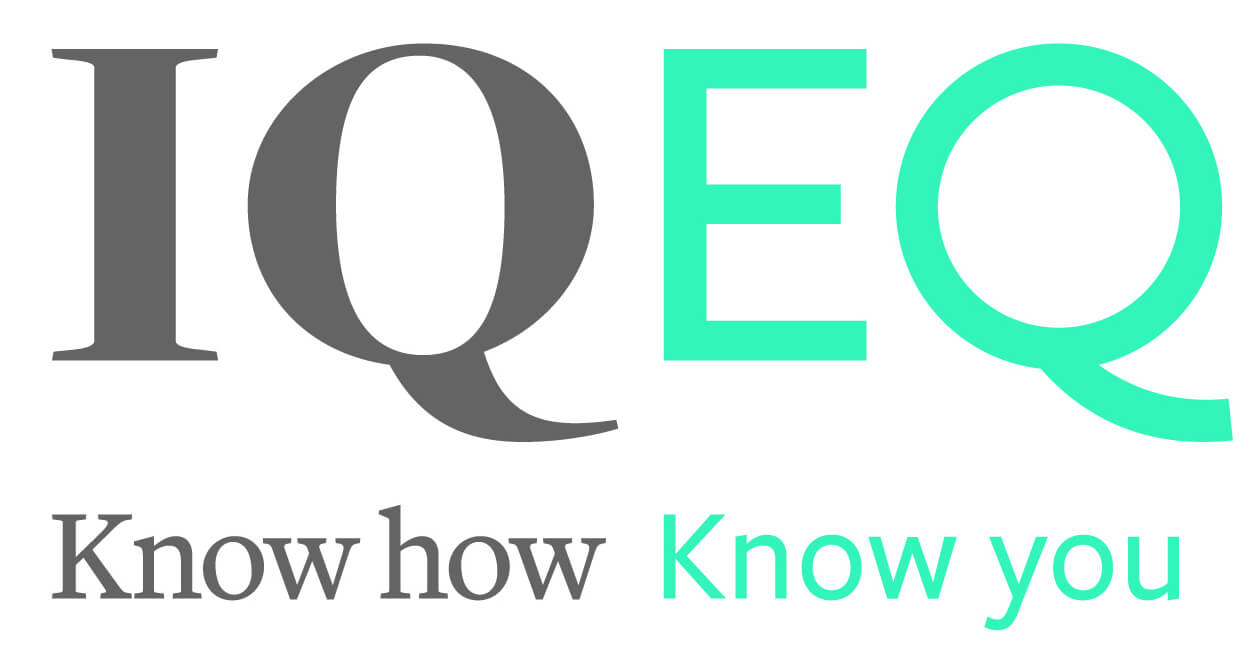Taxation of dividends received by parent companies
Newsletter - January 2016
The finance law for 2016 and the amending finance law for 2015 changed some of the provisions pertaining to payment of dividends among companies in a single group.
Companies that do not belong to a tax consolidation group
In the parent-subsidiary arrangement, the parent company is able to gather up the dividends paid to it without any tax charge other than what results from the consolidation of a fees and charges share (“QPFC”) set at 5% of the total dividends.
The parent company, however, is required to retain the securities for two years. A provision allows revenue from shares, however, to be exempted from the first year of ownership, then adherence to the conditions pertaining to time of ownership is assessed a posteriori.
From now on, the securities that are owned in bare ownership are included in determining the ownership threshold that is set at 5% of the capital owned. This threshold may now be lowered to 2.5% of the capital owned, and 5% of voting rights, as long as the parent company is controlled by one or more non-profit entities and as long as it retains its securities five years, rather than two.
Furthermore, the percentage of voting rights must be considered in the determination of the 5% ownership threshold:
– capital owned ≥ 5% and voting rights ≥ 5%: parent-subsidiary arrangement applies, dividends exempted
– capital owned ≥ 5% and voting rights < 5%: dividends assigned to shares without voting right taxed
- capital owned < 5% and voting rights < or ≥ 5%: outside the scope of the arrangement, dividends entirely taxed
Companies that do belong to a tax consolidation group
When tax consolidation exists, the parent company is able to gather up the dividends paid to it without tax being charged. The QPFC, set at 5% of the total dividends paid by its consolidated subsidiaries, was until now entirely balanced out, except for dividend payments occurring during the first year a company belonged to the group or of the existence of the tax group.
Due to the “Steria” case law, when the CJEU found that France restricted freedom to set up an office by offsetting the QPFC pertaining only to dividends paid by companies with a main office in France, Parliament eliminated this offsetting mechanism. From now on, the QPFC is no longer offset, and will be at one per cent (1%) for revenues received by a consolidated company due to a stake-holding:
– in another company that is a member of the tax group;
– or, in a company that is required pay a tax equivalent to the French corporations tax (“IS”) in an EU State or in another State that is a party to the EEA agreement that has a tax treaty in effect with France that contains an administrative assistance clause to combat tax fraud and tax evasion, either automatically or on option, but is not exempt from it.
Measures against abuse
Revenues from securities that are received in the scope of an arrangement which was set up with the principal objective or one of the principal objectives being to obtain a tax advantage, but which goes against the purpose or intent of the parent-subsidiary arrangement, is not valid given all the relevant facts and circumstances – these are excluded from the parent-subsidiary arrangement.
Conversely, dividends coming from a subsidiary with its main office in a non-cooperative State or territory may now be included under the parent-subsidiary arrangement if the parent company is able to prove that the transactions that its subsidiary performed were not intended to permit and did not permit – with the purpose of perpetrating tax fraud – the location of profits in a non-cooperative State or territory.
Last, a detailed list of the exclusions from the parent-subsidiary arrangement has been produced and includes:
– revenues from shares in investment companies;
– dividends paid to shareholders of SICOMIs that are deducted from exempted profits;
– revenues and net capital gains that are paid out by venture capital companies, which revenues and gains are exempted pursuant to Article 208 3° septies of the “Code general des impôts”;
– profits paid out to shareholders of SIICs and their subsidiaries that are paid out on exempted profits;
– some revenues and profits paid out to shareholders of SPPICAVs.
We are entirely available if you have any further queries about the issues discussed in this newsletter or about any other accounting, tax, social security or law related topic.
